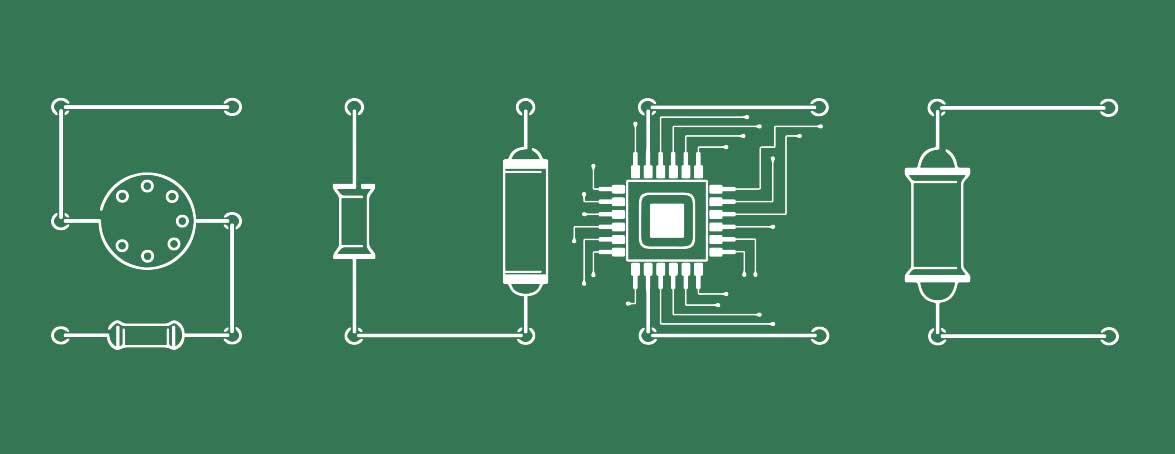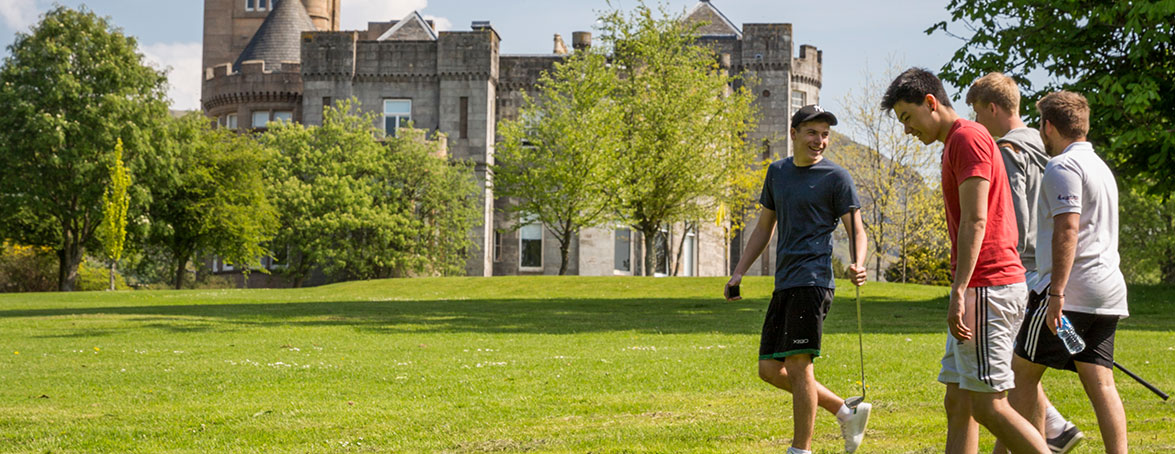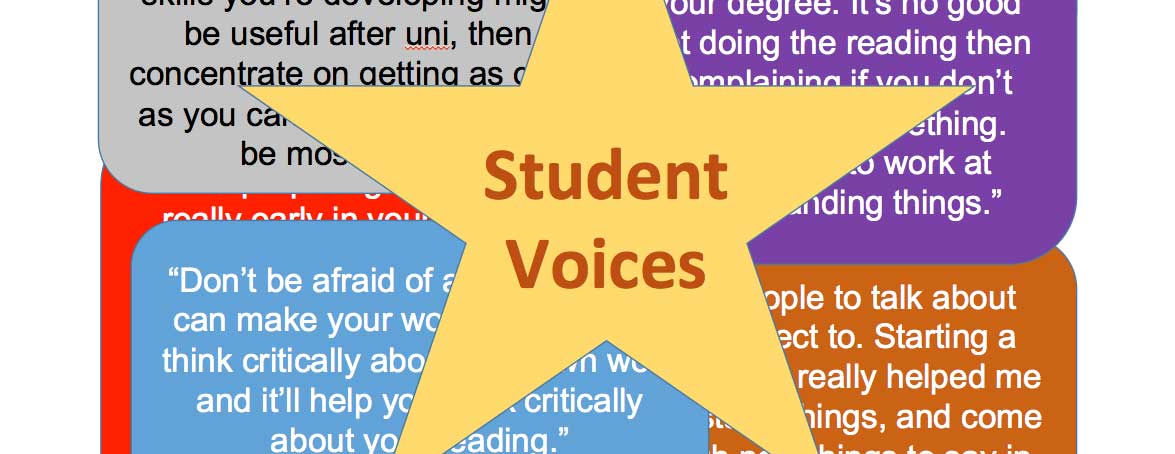
Case Studies
Applying for Internships
Semester Abroad
School of Sport Transition


The need for belonging is considered essential for students to do well and feel motivated. We’ve set out several innovative approaches to help instil a sense of belonging in these students – so they feel connected, comfortable and motivated.
For more: see the information on the right-hand side.

Members of the club will have the chance to work on exciting projects covering areas including Kinect development, mobile application development and web application development. They will enjoy access to our equipment library and comprehensive programming resources.
For more: see the information on the right-hand side.
We do this in a number of ways:
For more: see the information on the right-hand side.

BrawStats is an accessible, easy-to-use digital system that makes the psychological research process less intimidating. Using the system, students can try out lots of different ideas to build their confidence and understanding before committing to a hypothesis and carrying out their research. BrawStats will then help students analyse the final data from their research and generate statistical results.
For more: see the information on the right-hand side.

Using feedback from students returning from placements, focus group findings and drawing upon socio-material theory, we’ve mapped the main student transitions and identified a number of key themes to address. We’re currently producing a series of films that involve short conversations on each of the issues identified.
For more: see the information on the right-hand side.

The focus groups helped us identify that students entering the course in the 3rd year may feel that they are ‘behind the curve’ when it comes to academic theory and would like more support to understand the expectations the University has of them. Communication and coaching is key to easing the transition and helping students to feel engaged and confident. The outcomes suggest there would be great benefit in setting up a Digital Media Bootcamp which gives students a general orientation into the campus, an introduction to production staff and digital production facilities, and an understanding of our learning and teaching culture here at Stirling University.
Read the poster on the right for more information.

Our findings will support students to feel more prepared for Honours study; it’s important to establish early in a student’s programme how they can prepare for their Honours year. We’ve set out several different ways to make this happen, for example through special events and an Honours induction programme.
For more: see the information on the right-hand side.